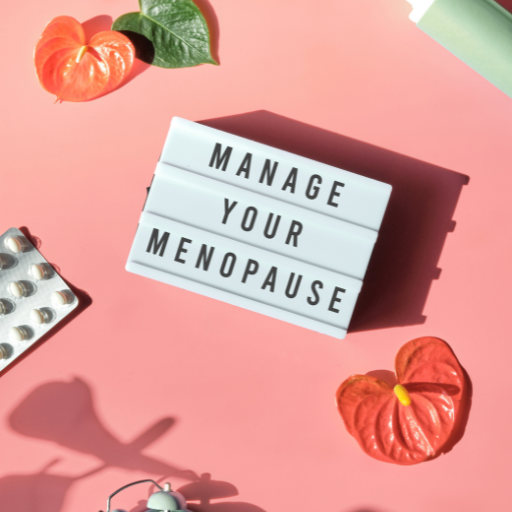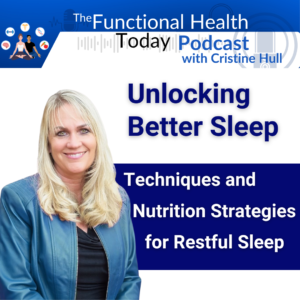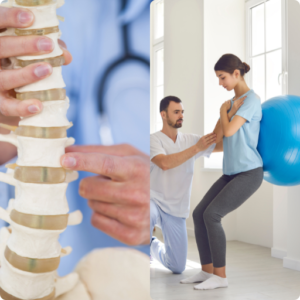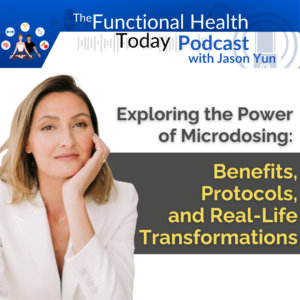
Did You Enjoy This Podcast?
Did you enjoy this podcast? Discover fascinating insights with Allison Bladh, a health expert dedicated to empowering women through menopause. Learn how to enhance your nutrition and lifestyle for vibrant health. What surprising tips will help you embrace this journey with confidence and clarity? Tune in to find out!
Embrace Balanced Eating for Hormonal Balance
As women transition to menopause, their bodies undergo significant changes due to declining estrogen levels. These shifts can impact everything from bone density to heart health, making it crucial to prioritize a balanced diet. One effective approach is a Mediterranean-style diet, which emphasizes plant-based foods, whole grains, fatty fish, and healthy fats. Research shows that this diet may help reduce the risk of osteoporosis, heart disease, and symptoms like hot flashes. Avoiding processed foods and focusing on fruits and vegetables can help support overall health and maintain a healthy weight, which becomes more challenging during this stage of life.
Focus on Protein and Nutrient-Rich Foods

Muscle mass naturally declines with age, but weight training and adequate protein intake can counteract this loss. Experts recommend including a palm-sized portion of protein in every meal to help your body maintain strength and bone mineral density. In addition to protein, key nutrients like calcium and omega-3 fatty acids play a major role in bone health and hormonal balance. Consuming foods like leafy greens, nuts, seeds, and whole grains can help mitigate the loss of bone density that often accompanies menopause and beyond. A randomized controlled trial even found that diet and exercise together can improve health outcomes for postmenopausal women.

Pop in your email below, and we’ll zip it straight to your inbox so you never lose it!
Support Skin and Hair Health

Menopause symptoms such as hot flushes, night sweats, and sleep disturbances can take a toll on women’s health, but the effects extend beyond internal well-being. Hormonal changes can lead to bone loss, dry skin, and hair thinning. To counteract this, increasing vitamins and minerals—such as vitamin D, iron, and collagen-supporting nutrients—can help improve skin elasticity and support hair growth. Staying hydrated and using sunscreen daily are simple but effective ways to protect against premature aging.
Adopt a Holistic Approach to Menopausal Health
Regular physical activity, particularly weight training and cardio, helps combat weight gain and supports bone density. Studies show that regular exercise reduces the risk of osteoporosis, strengthens muscles, and promotes hormone balance. Managing stress through meditation, deep breathing, and lifestyle changes can also help support hormone levels and reduce the risk of symptoms like hot flashes. Additionally, hormone replacement therapy may be an option for women experiencing severe menopausal symptoms, but lifestyle adjustments should always be the foundation of any treatment plan.
Navigating menopause may feel overwhelming, but good nutrition, fitness tips, and mindful lifestyle factors can help you improve your health and manage symptoms of menopause effectively. By making informed choices about nutrition and exercise, women can ease their menopause transition and take proactive steps toward optimal health.
Did You Enjoy This Podcast?
Did you enjoy this podcast? Discover fascinating insights with Allison Bladh, a health expert dedicated to empowering women through menopause. Learn how to enhance your nutrition and lifestyle for vibrant health. What surprising tips will help you embrace this journey with confidence and clarity? Tune in to find out!














